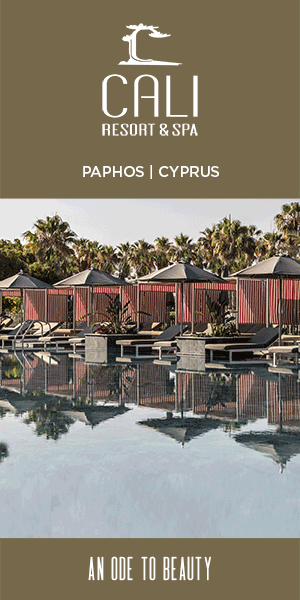The European Union should encourage tourism to be of the highest quality to flourish in a sustainable and safe way, ABTA has said in response to the first ever European consultation on creating a tourism framework for Europe.
p>The European Union should encourage tourism to be of the highest quality to flourish in a sustainable and safe way, ABTA has said in response to the first ever European consultation on creating a tourism framework for Europe. Following the adoption of the Lisbon Treaty, Brussels now has competency in the field of tourism.This builds on a long-standing but small role it has had in tourism policy for the last 20 years.
The new European Commission, that took up the reigns in Brussels last month, has now been tasked with working out the EU?s new responsibility for tourism and how it should use it. This consultation was released to ask the views of tourism stakeholders ahead of the EU announcement about how it plans to approach tourism strategy across the European Union?s 27 Member States.
Mark Tanzer, ABTA?s chief executive, said: ?We are delighted that we have been able to submit our thoughts on the creation of a European tourism framework that should deliver long term economic and social benefits. ?Ensuring that the European Union pitches its approach correctly in terms of tourism is a once in a generation opportunity. Whilst the tourism framework may not be as headline grabbing in our sector as the Package Travel Directive, it nonetheless will play an important role in the future development of our sector across Europe.?
Within its submission the association has made the case that current legislation has meant there is market distortion as package organisers are unfairly disadvantaged particularly when it comes to consumer financial protection where it is mandatory, while other sectors are exempt.
It is also calling for an EU Directive for Tourism Accommodation Safety where all EU States should comply to minimum standards of health and safety, as well as a recognised system of sustainability accreditation; a workable application of emissions trading to tourism transport and accommodation; and the facilitation of the development of sustainable infrastructure.











